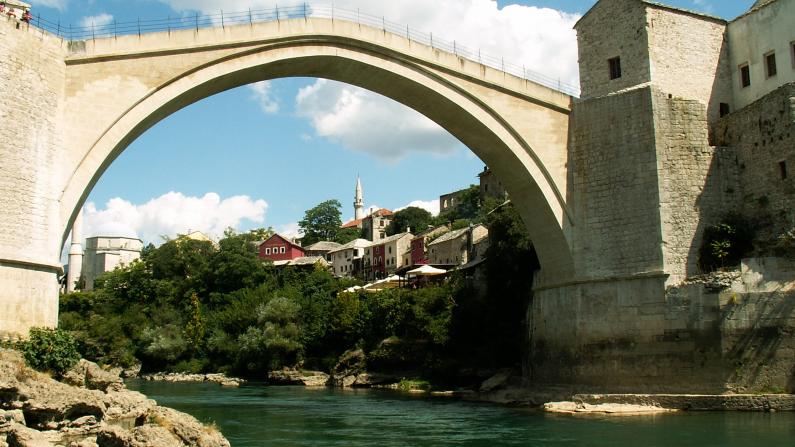Conflict Sensitivity
Thematic training for peace and conflict work

Thematic training for peace and conflict work

When: 29 April–2 May 2024 (4 days) from 9:00 to 17:30 daily
Where: Arbeitnehmer-Zentrum Königswinter (AZK), Johannes-Albers-Allee 3, Königswinter, Germany
Fee: €640 including materials, lunch and coffee/tea
Additional Costs: Costs for accommodation, additional meals and travel have to be covered by the participant.
Registration Deadline: 28 January 2024
---
What: This training is also part of our full-time course in peace and conflict work. The training can also be booked en bloc together with two other trainings for a reduced fee (10% off). For further information, please see our course block: mainstreaming cross-cutting themes.
The 4-day training is offered to practitioners of peace and conflict work, humanitarian or development cooperation, or those who intend to work in these fields.
Depending on methods and topic of the training, we limit the number of available spaces to a maximum of 16 participants. Register early to reserve your place!
Peacebuilding and conflict sensitivity are two concepts that are mutually inclusive but not completely the same. A peace initiative could be implemented without due consideration on the project’s unintended impacts on the context or conflict systems. A conflict sensitive approach to Peacebuilding programming not only minimizes the risks of exacerbating tension or creating new one, but also enriches the projects’ contribution to sustaining peace.
This module will provide an overview of conflict sensitivity and why it is paramount for peacebuilding organizations to institutionalize Conflict Sensitivity in their programs. It will also allow the participants to apply conflict sensitivity using real life case studies from the respective contexts.
The training will be practical, participatory and experience-based; the insights, existing skills and knowledge of both the facilitator and the participants will form an integral part of the process. It will be grounded in the principles of adult learning. The tools and methodologies used in the workshop will be practiced and applied to conflict contexts and projects the participants suggest and are familiar with (or that are their own contexts). Participants will be encouraged to adapt and change the tools to make them their own.
After a successful participation, participants receive a certificate and become part of the academy’s alumni network.
Please register for this training online via our website by 28 January 2024. We will then contact you for the next steps. Please note that the number of available spaces per training is limited, and that your participation in the training is only guaranteed if the fee is paid in time. Early registration is highly encouraged.
Please make sure to clearly express your motivation and expectations for the training. Also, please share your experiences relevant to the topic.
Visa: Participants from outside the EU will need a visa to enter Germany. We can generally support the visa process with a formal invitation letter from our side. Be advised that it takes a significant amount of time to get the visa processed, so be sure to start the process 8 weeks before the training start. Please make sure you are eligible and check the specific requirements and usual timeline for processing with your local German embassy. The responsibility for obtaining the visa lies with each of the participants themselves.
For further information on our cancellation policies and financing options, please see our FAQs.